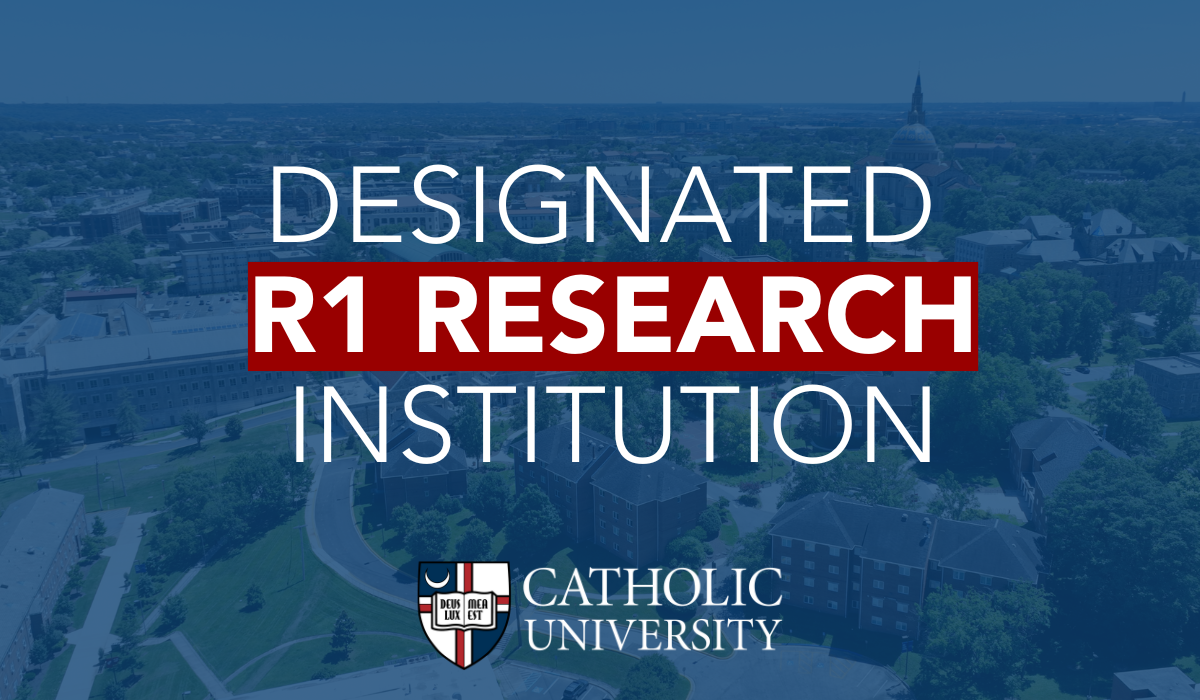The Catholic University of America, in collaboration with information technology market leader Leidos, will host a one-day summit gathering policymakers, academics, and industry leaders to discuss the impact of artificial intelligence (AI) on national security. The Wednesday, January 31 event in Heritage Hall is open to the public with registration.
Jonathan Askonas, assistant professor of politics who spearheaded the conference, will moderate a panel that includes Joe Chapa, Air Force chief responsible AI ethics officer. Scale AI managing director Michael Kratsios and Marshall Kosloff of The Realignment podcast will headline the keynote discussion.
The “Generative AI and National Security” conference is designed to engage a wide audience on the trajectory of technology that poses unique challenges and opportunities for stakeholders including intelligence agencies, the military, security professionals, and technologists.
“It will be a day of panels that will start with the state of AI, geared at getting anyone who attends up to speed with its rapid development, followed by diverse discussions on AI applications and ethical concerns,” said Askonas. The one-day event expands upon themes explored in a 2022 summit on designing ethical AI systems, also co-sponsored by Leidos.
Askonas explained the University is “a unique space” where policy and ethics experts, guided by the Catholic intellectual tradition, contribute to the national conversation on issues that affect us all. Retired CIA senior officer Bianca Adair, assistant professor, and chair of the Intelligence Studies certificate, will host a panel discussion with experts on misinformation, including Stanford Internet Observatory research manager Renée DiResta and Olga Belogolova, director of the Emerging Technologies Initiative at Johns Hopkins School of Advanced International Studies.
“The implications of generative AI are not just technical, they are social. Catholic University provides a space to think about the common good and how these technologies impact ethics,” said Askonas.


